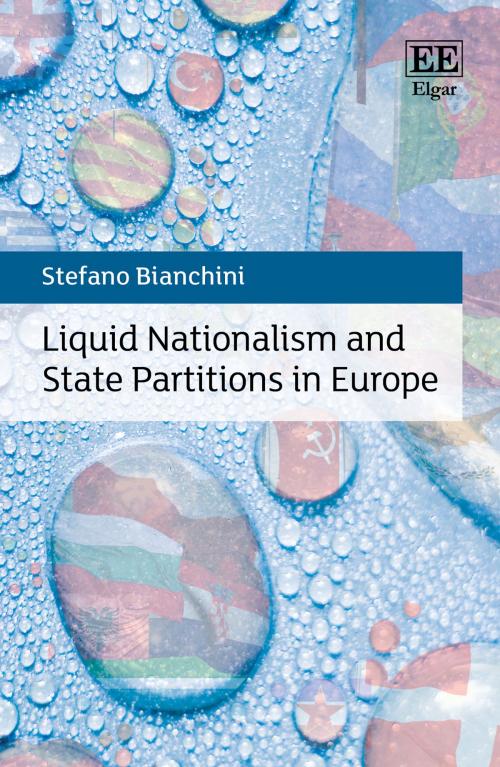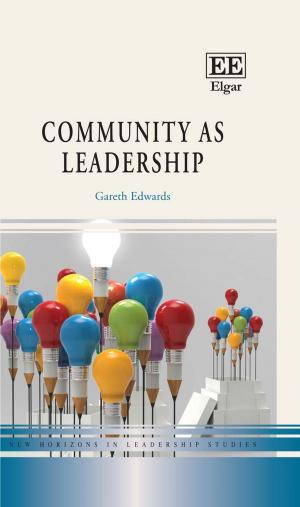Liquid Nationalism and State Partitions in Europe
Nonfiction, Social & Cultural Studies, Political Science| Author: | Stefano Bianchini | ISBN: | 9781786436610 |
| Publisher: | Edward Elgar Publishing | Publication: | September 29, 2017 |
| Imprint: | Language: | English |
| Author: | Stefano Bianchini |
| ISBN: | 9781786436610 |
| Publisher: | Edward Elgar Publishing |
| Publication: | September 29, 2017 |
| Imprint: | |
| Language: | English |
This timely book offers an in-depth exploration of state partitions and the history of nationalism in Europe from the Enlightenment onwards. Stefano Bianchini compares traditional national democratic development to the growing transnational demands of representation with a focus on transnational mobility and empathy versus national localism against the EU project. In an era of multilevel identity, global economic and asylum seeker crises, nationalism is becoming more liquid which in turn strengthens the attractiveness of ‘ethnic purity’ and partitions, affects state stability, and the nature of national democracy in Europe. The result may be exposure to the risk of new wars, rather than enhanced guarantees of peace.
This timely book offers an in-depth exploration of state partitions and the history of nationalism in Europe from the Enlightenment onwards. Stefano Bianchini compares traditional national democratic development to the growing transnational demands of representation with a focus on transnational mobility and empathy versus national localism against the EU project. In an era of multilevel identity, global economic and asylum seeker crises, nationalism is becoming more liquid which in turn strengthens the attractiveness of ‘ethnic purity’ and partitions, affects state stability, and the nature of national democracy in Europe. The result may be exposure to the risk of new wars, rather than enhanced guarantees of peace.















